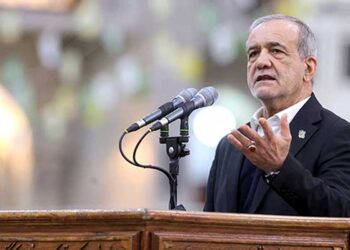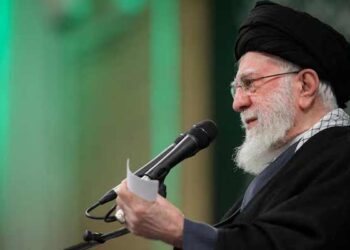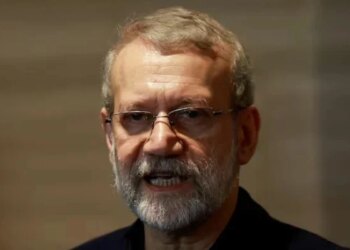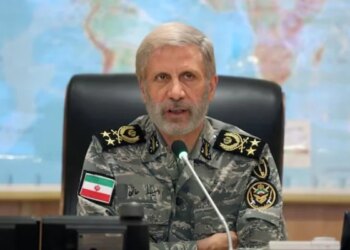Select Language:
Iran announced it will proceed with nuclear negotiations alongside European countries after “serious, open, and detailed” discussions on Friday, marking the first face-to-face meeting since Israel and the U.S. conducted strikes last month. Prior to this gathering in Istanbul, Iran dismissed calls to extend the UN resolution that ratified the 2015 nuclear deal, which is now approaching its expiration. The deal aimed to restrict Iran’s nuclear activities in exchange for sanctions relief.
Delegates from the European Union and the E3 group—comprising France, Britain, and Germany—met Iranian representatives for roughly four hours at Iran’s consulate. The UN nuclear watchdog suggested this could pave the way for renewed inspections in Iran. Afterward, Iranian Deputy Foreign Minister Kazem Gharibabadi stated that both sides shared specific proposals concerning sanctions relief and nuclear matters. He emphasized that Iran criticized Western positions on recent aggression against its people and clarified its own stance, including on the “snapback” mechanism. Both sides agreed to continue consultations on these issues.
The remaining parties to the 2015 agreement—China, Russia, and the E3 countries—are working to prevent the full expiration of the deal on October 18, when UN sanctions are set to lift unless the snapback mechanism is triggered beforehand. This process would automatically reimpose sanctions targeting sectors like energy, banking, and defense, should Iran fail to meet commitments. Diplomats have set a deadline at the end of August to rejuvenate diplomacy, with hopes that Iran will take tangible steps to secure an extension of up to six more months.
To do so, Iran must commit to critical issues: engaging in negotiations with Washington, fully cooperating with the IAEA, and accounting for 400 kilograms of highly enriched uranium, believed to be near-weapons grade, whose whereabouts have been unknown since last month’s strikes. Iran’s foreign ministry has dismissed discussions about extending the UN resolution as “meaningless and baseless.” Meanwhile, IAEA director Rafael Grossi remains optimistic about restoring nuclear inspections this year and stressed the importance of resolving technical issues now. He noted that discussions should consider Iran’s perspective on necessary precautions.
Before the recent strikes, the U.S. held five rounds of talks with Iran, with President Donald Trump claiming that these efforts had “obliterated” Iran’s nuclear program, which Washington and Israel allege is aimed at developing nuclear weapons. However, NBC News reports that current and former U.S. officials indicate that while most damage was done to one of three targeted nuclear sites, the other two sites were not as severely impacted. Iran continues to deny seeking nuclear weapons, asserting its program is solely for civilian purposes.







